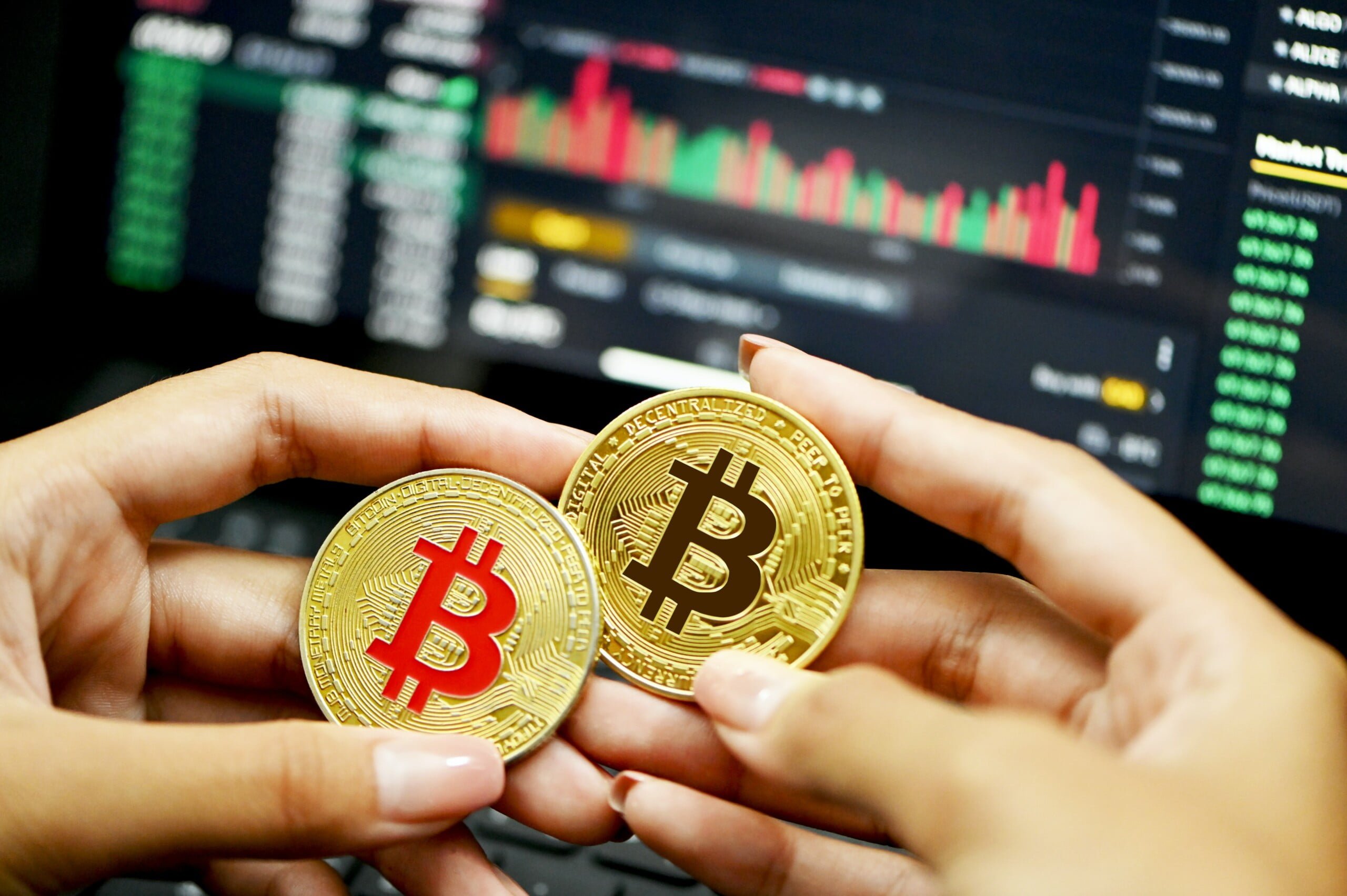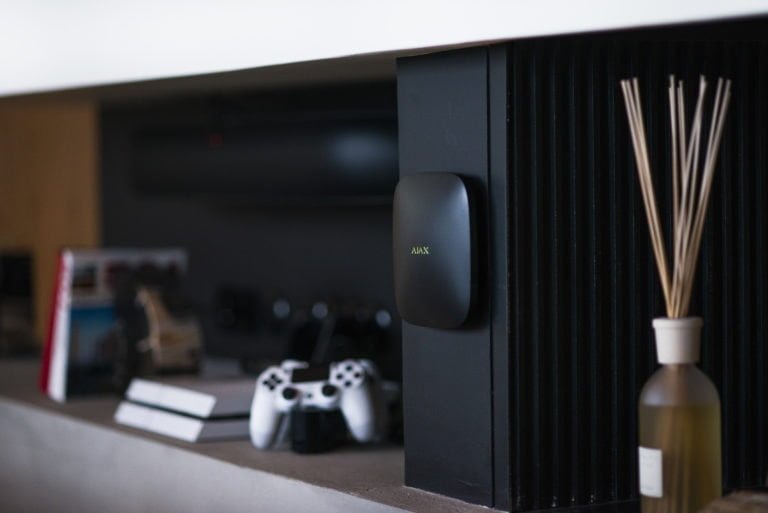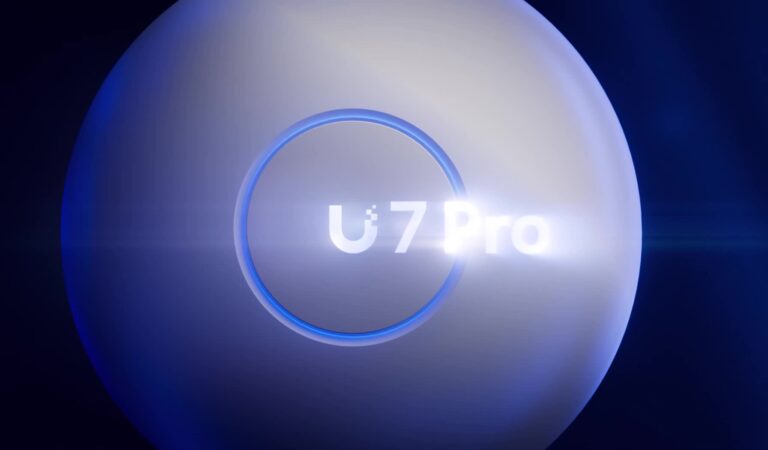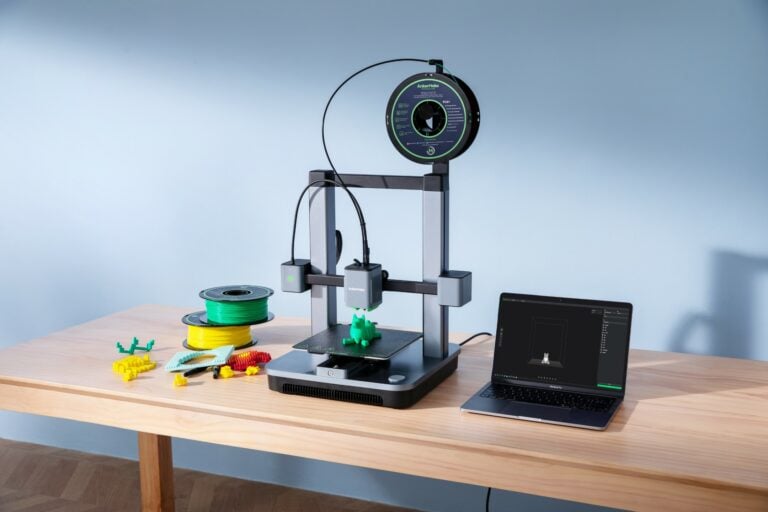Any links to online stores should be assumed to be affiliates. The company or PR agency provides all or most review samples. They have no control over my content, and I provide my honest opinion.
Bitcoin mining is a critical component of the Bitcoin network, ensuring security and transaction validation. For individuals and enterprises aiming to optimize their mining efforts, a BTC mining pool is often a practical choice. This article explores Bitcoin mining pools, how rewards are distributed, how to join a pool, and compares the top mining pools available today.
What Are Mining Pools?
Bitcoin mining pools are collaborative groups of miners who combine their computational resources to increase their chances of solving complex cryptographic puzzles required to add a block to the blockchain. By pooling their resources, miners collectively achieve a higher hash rate contribution, improving the likelihood of earning block rewards. This method provides a steady and predictable income compared to solo mining, which can be inconsistent due to the competition in the Bitcoin network.
How Are Rewards Distributed in Collaborative Mining?
In collaborative mining, participants receive mining pool rewards based on their hash rate contribution. The block reward distribution can vary depending on the pool’s reward structure. Common models include:
- Pay-per-share (PPS). Miners are paid a fixed amount for each valid share they contribute, regardless of whether the pool finds a block.
- Full pay-per-share (FPPS). FPPS provides a more comprehensive payout by including both block rewards and transaction fees, making it more lucrative for miners.
- Proportional. Rewards are distributed based on the number of shares a miner contributed after a block is found.
- Pay-per-last-N-shares (PPLNS). Rewards are allocated based on shares contributed within the last “N” shares before a block is found.
What Is Needed to Start Mining in a Pool?
To begin mining in a Bitcoin mining pool, you need the following:
- Mining hardware — specialized ASIC miners are necessary to achieve competitive hash rates.
- Wallet address — a Bitcoin wallet to receive mining pool rewards.
- Pool membership — register with a pool that suits your needs in terms of fees, payout frequency, and geographic location.
- Mining software — compatible software to connect your hardware to the mining pool.
Mining Pool Comparison
When selecting a mining pool, factors like fees, payout methods, hash rate, and reputation are crucial. Below is a brief comparison of top mining pools:
- White Pool is known for its transparency, low fees, and robust infrastructure. Its seamless excellent customer support makes it a top contender. The payout method — FPPS — full fixed payout for each share submitted.
- F2Pool — a well-established pool with global servers and a user-friendly interface. It supports multiple cryptocurrencies alongside Bitcoin. PPS+ payouts.
- AntPool — operated by BitMain, AntPool offers competitive fees and advanced mining features. PPLNS and PPS payouts.
Bitcoin mining pools have revolutionized the mining landscape by enabling collaborative mining, ensuring more predictable and fair mining pool rewards. By leveraging a pool’s collective hash rate contribution, participants grow their chances of consistent rewards while contributing to the Bitcoin network decentralization and resilience.







